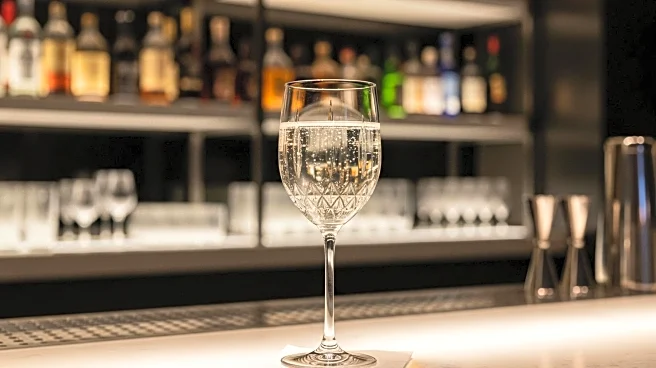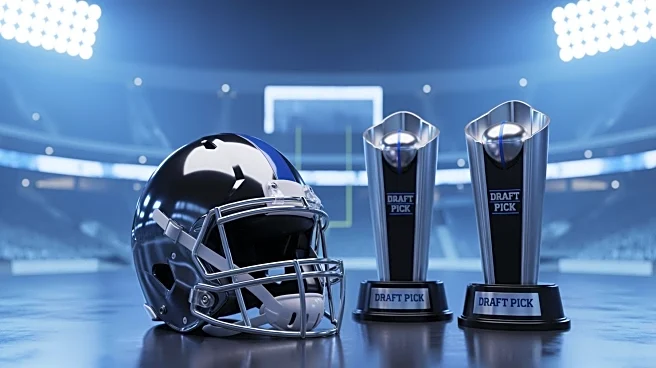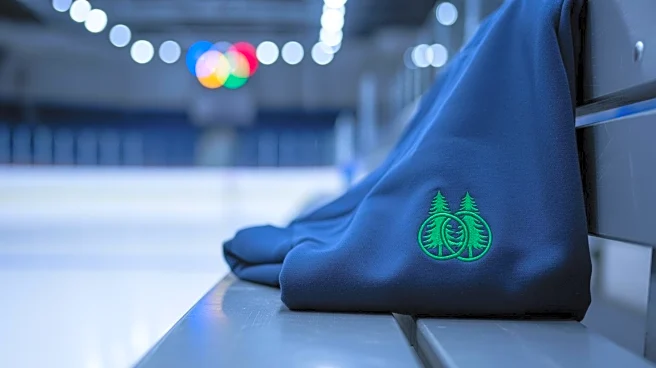What is the story about?
What's Happening?
The European beverage market is undergoing a significant transformation as 71% of consumers are reportedly drinking less alcohol, according to data presented at the Beverage Forum Europe in London. This trend is particularly pronounced among younger demographics, with nearly a quarter of 25-35 year olds ceasing alcohol purchases entirely. The shift towards moderation and under-consumption is expected to reshape the industry over the next two decades. Brands are responding by focusing on premiumization, sustainability, and offering alcohol-free alternatives. Companies like LVMH are capitalizing on this trend by emphasizing high-end products that align with consumer desires for health and longevity.
Why It's Important?
This shift in consumer behavior is crucial for the alcoholic beverage industry, which has seen a decline in value sales by 1.8%, now valued at €68 billion. The industry's ability to adapt to these changes by tapping into health and wellness trends is vital for its continued relevance. Brands that successfully integrate storytelling and craftsmanship into their offerings are likely to thrive, as consumers increasingly seek products that resonate with their personal values and lifestyle choices. The focus on moderation and premiumization presents both challenges and opportunities for industry players.
What's Next?
As the trend towards conscious drinking continues, brands will need to innovate and differentiate themselves to capture the interest of health-conscious consumers. This may involve developing new alcohol-free products or enhancing the appeal of existing ones through marketing strategies that emphasize aspirational lifestyles. The industry will likely see increased investment in research and development to create beverages that offer unique taste profiles and functionalities. Stakeholders will need to monitor consumer preferences closely to remain competitive in this evolving market.
Beyond the Headlines
The movement towards conscious drinking reflects broader societal shifts towards wellness and self-care. This trend may influence other sectors, such as hospitality and retail, as consumers seek experiences that align with their health goals. Ethical considerations around alcohol consumption and its impact on public health may also gain prominence, prompting discussions on responsible marketing and consumption practices.















